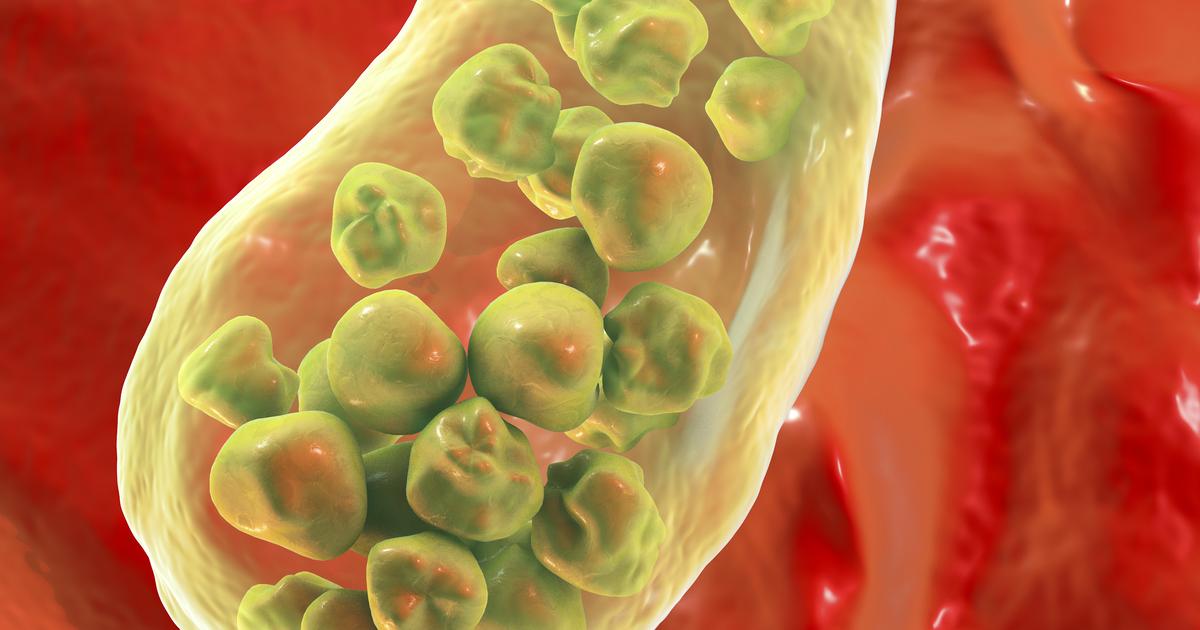Guide To The Causes Of Pancreatitis
Gallstones
An individual who has developed gallstones may become affected by pancreatitis. The gallbladder is a small sack-like organ that sits just underneath the liver, and it is responsible for the concentration and storage of bile. Bile then drains from the gallbladder to the small intestine when food exits the stomach to help with the digestion of fatty substances. In some individuals, the balance of the components in the bile stored in the gallbladder can become imbalanced or too concentrated. These malfunctions cause the components to pass their solubility threshold and form solid stones in the gallbladder. Stones in the gallbladder can move into the common bile duct, which is responsible for draining digestive enzymes from the pancreas and bile from the gallbladder into the small intestine. When the common bile duct becomes obstructed by gallstones, the pancreatic enzymes are allowed to activate while they are still in the pancreatic tissues. Activation of enzymes in the pancreatic tissue causes pancreatitis or irritation, inflammation, and infection of the gland in some cases.
Read more about what causes pancreatitis now.
Certain Medications

An individual may develop pancreatitis as a result of taking certain types of medications. However, this is rare. Between one and six percent of individuals who use medications called 6-mercaptopurine and azathioprine are affected by drug-induced pancreatitis. Azathioprine and 6-mercaptopurine are drugs used to treat patients affected by certain autoimmune disorders, as are immunosuppressants. The exact mechanism of how these drugs cause pancreatitis is not known, but it is thought to be related to an increased predisposition to adverse reactions and infection caused by the mechanism of the drug. A class of medications referred to as ACE inhibitors is also known to trigger pancreatitis in some individuals who take them to treat heart failure, hypertension, and proteinuria. The most common ACE inhibitors known to cause pancreatitis are enalapril, captopril, perindopril, lisinopril, and ramipril. The exact mechanism behind how these medications cause pancreatitis is not known, but it is thought to be related to angioedema around the gland. Other drugs that can cause pancreatitis include 5-ASA, some antibiotics, statins, and some antidiabetic drugs.
Get more information on the causes of pancreatitis now.
